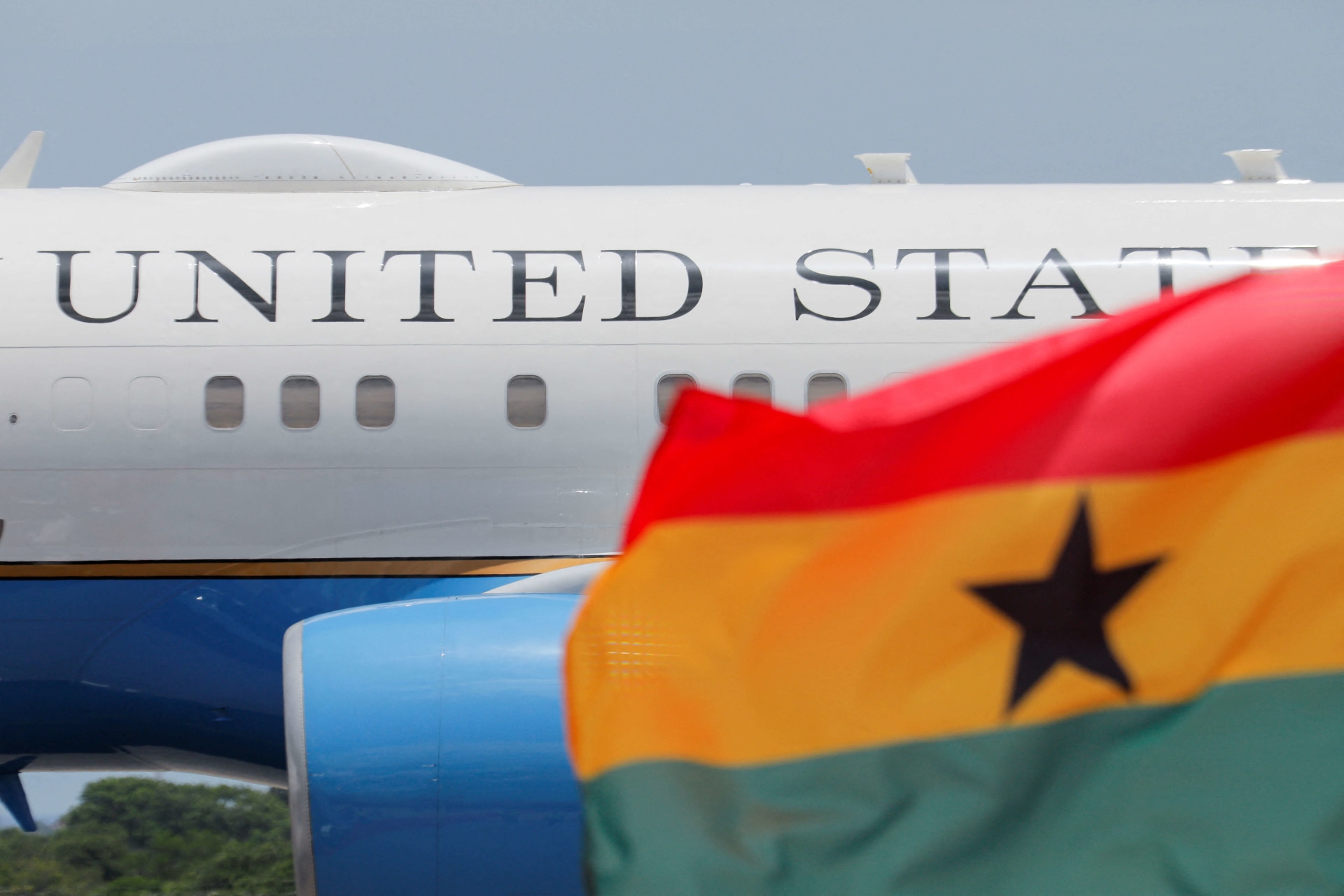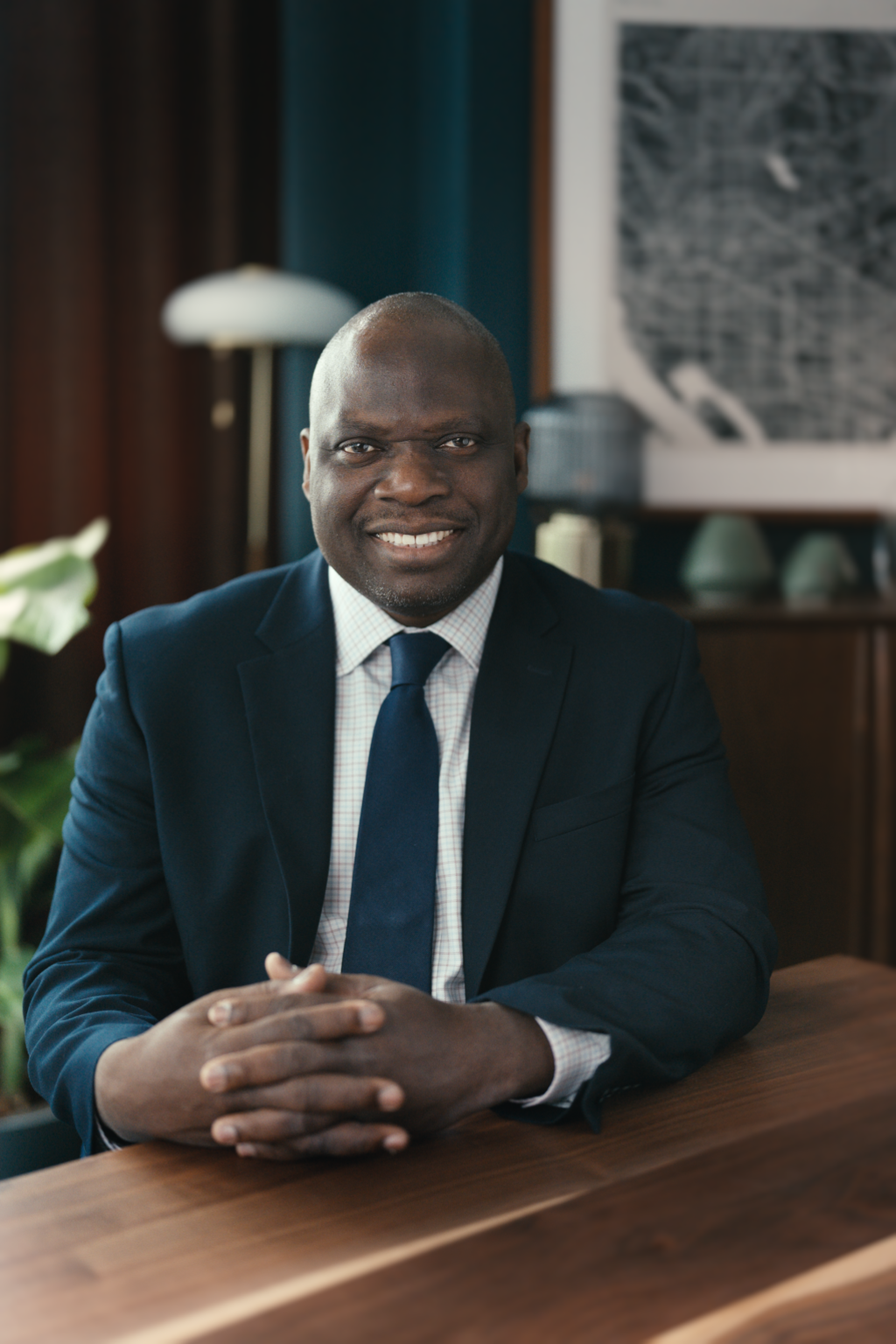A “New Scramble for Africa“?
When a phraseology says more about its users than the reality it purports to describe.

By experts and staff
- Published
Experts
![]() By Ebenezer ObadareDouglas Dillon Senior Fellow for Africa Studies
By Ebenezer ObadareDouglas Dillon Senior Fellow for Africa Studies
If a section of the Western media is to be believed, ongoing great power competition for diplomatic influence and natural resources in Africa is nothing but another desperate “scramble” in which the vital strategic interests of the continent and its peoples can be expected to receive the usual short shrift.
That this sense of history tragically repeating itself on the continent is widely shared by many African intellectuals and students of Africa goes without saying. Uniting this disparate group is a legitimate concern for Africa’s well-being and a genuine desire to ensure that, when the dust from the current moment inevitably settles, its peoples do not, yet again, end up with the short end of the global diplomatic stick.
To the extent that those deploying the language of a “new scramble” are motivated by a concern for the continent’s well-being, it is difficult to fault them. Yet, the question must be asked as to whether their reading of the African situation is correct, and whether indeed the current formation in the region warrants the tag of a “scramble”.
Over the past two decades, in a tale of diplomatic ebbs and flows, the United States, China, and Russia have struggled to recruit and maintain allies in Africa. While none of these powers is exactly new to the continent, China’s economic rise, and its evident determination to knock the United States off its global pedestal, has raised the geopolitical stakes. Russia, lacking China’s economic muscle, has embraced the role of spoiler to Western interests. Both have turned “non-interference” in the domestic politics of their African allies into a virtue. Insofar as the Russian invasion of Ukraine has helped to expose these emergent fault lines, the fragmented African reaction to the war has revealed levels of diplomatic astuteness not normally associated with global subalterns.
In short, the image of a “scramble” in which helpless African states are exploited and manipulated by global powers who care nothing for their welfare hardly stands up to scrutiny. On the contrary, there is evidence that many African countries see an opportunity to play the United States, China, and Russia—not to mention non-traditional powers like India, Turkey, Saudi Arabia, and the United Arab Emirates (UAE) among others—against one another. In other words, African states are, as states tend to do, making various calculations based on their perception of what is right or wrong for them. This is not to deny that they have ideological or moral preferences (they do as a matter of fact, but that is not my focus here); it is to insist that African countries are not mere pawns totally lacking in agency, hence at the mercy of those who would shuffle them around the diplomatic chessboard. From this standpoint, the real debate to be had is not whether African countries control their own diplomatic destiny, but how their agency, which is ever present, is being exercised.
If the geopolitical reality on the continent contradicts the image of a “scramble,” why have sections of the media and the African intelligentsia persevered in their unreflective and downright condescending embrace of it? What is the philosophical provenance of this mental reflex?
Fundamentally speaking, it is the logical outcome of an imaginary in which Africa, an entity deserving nothing less than our constant pity, is always on the receiving end. This is the only plausible explanation for the assumption that because global power competition is taking place in Africa, the continent is thereby being shortchanged. In this infantilizing zero-sum imagination, a struggle for resources in Africa automatically means scarcity for African peoples, as if, somehow, African states cannot trade natural resources and keep some for their own use and benefit at the same time.
It takes a certain amount of paternalism and ignorance of history to assume that Africa today is the same as Africa circa 1884, but such is the gall and moral certainty of those who must put their desire to save Africa ahead of the imperative to understand it. If the classical libel against Africa is that it has no history, the contemporary equivalent is that that history never changes.
What was true then remains true now: Africa has more to worry about from its friends than its adversaries.
